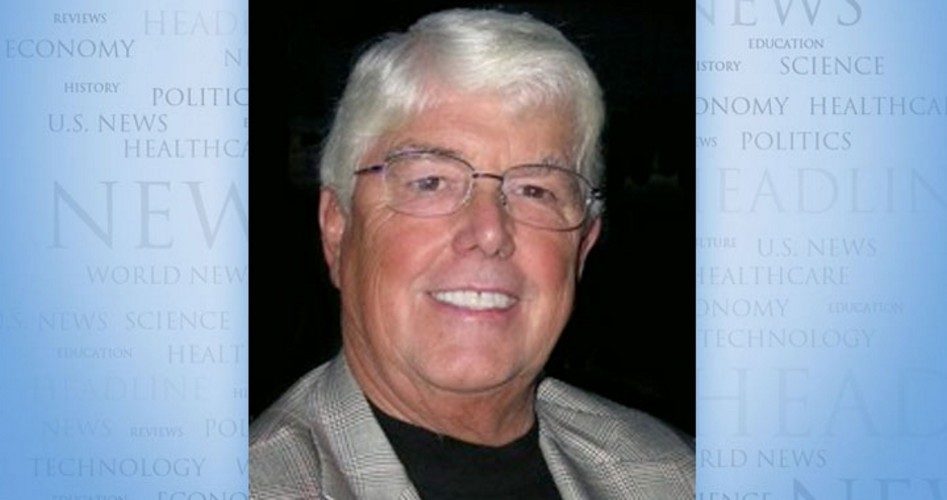
It’s being called “the Ferguson effect.” It’s the explosion of violent crimes in major U.S. cities, thanks to the ways police have been demoralized — and criminals have been emboldened — in the aftermath of police shootings of supposedly innocent blacks.
In Baltimore, there were 43 homicides in the month of May. This is the highest murder rate there in more than 40 years, when the city’s population was almost 50 percent bigger than it is now. This brings the death toll for the year to 116 people, the vast majority of them blacks.
Heather Mac Donald, the Thomas W. Smith fellow at the Manhattan Institute, described the situation in a May 29 column, “The New Nationwide Crime Wave.” Her piece carried the subtitle, “The consequences of the ‘Ferguson effect’ are already appearing. The main victims of growing violence will be inner-city poor.” Here’s how her article began:
The nation’s two-decades-long crime decline may be over. Gun violence in particular is spiraling upward in cities across America. In Baltimore, the most pressing question every morning is how many people were shot the previous night. Gun violence is up more than 60% compared with this time last year, according to Baltimore police, with 32 shootings over Memorial Day weekend. May has been the most violent month the city has seen in 15 years.
But Baltimore isn’t the only major city that has seen crime rates soar. Homicides in Atlanta were up 32 percent in the first five months of the year. In Chicago, which already was contending for the title “Murder Capital of the Country” because of the high death rate there, homicides are up 17 percent so far this year. In New York, homicides are up almost 13 percent.
In St. Louis, robberies were up 43 percent during the first four months of this year. During the same period, homicides increased by 25 percent. St. Louis Police Chief Sam Dotson said a major reason for the increase is that “the criminal element is feeling empowered.”
Of course it is! What else would you expect to happen when the media are only too eager to portray police as racist killers and when public officials, from city mayors to the president of the United States, are all too willing to play into this false narrative?
Remember the demonization of police that occurred after the shooting of Michael Brown in Ferguson, Missouri? Although it was later proved that Brown attacked police officer Darren Wilson and wasn’t standing with his hands up, trying to surrender, the lie that he was doing so led to the slogan “Hands up, don’t shoot” being used by demonstrators all over the country.
The mainstream media were only too willing to repeat every dishonest smear against the police. Publicity hound and racist agitator Al Sharpton got massive exposure for every scurrilous attack on the police that he uttered. Who cared what the truth was?
The real tragedy here is that it is blacks who are the biggest victims of the soaring crime rates. They’re being raped, robbed, shot and molested by black criminals in increasing numbers.
Before this year, violent crimes in America had been declining for the past two decades. Now, crime rates are soaring. As Mac Donald wrote:
If these decriminalization and deincarceration policies backfire, the people most harmed will be their supposed beneficiaries: blacks, since they are disproportionately victimized by crime.
Right! But will this be enough to get the Democrats who run virtually every big city in America to change their policies or for the mainstream media to expose the lies that help fuel the mayhem? Not a chance.
I’m afraid things will only get worse, especially in our inner cities, before they get better — maybe a lot worse.
Until next time, keep some powder dry.
Chip Wood was the first news editor of The Review of the News and also wrote for American Opinion, our two predecessor publications. He is now the geopolitical editor of Personal Liberty Digest. This article first appeared on PersonalLiberty.com and has been reprinted with permission.

